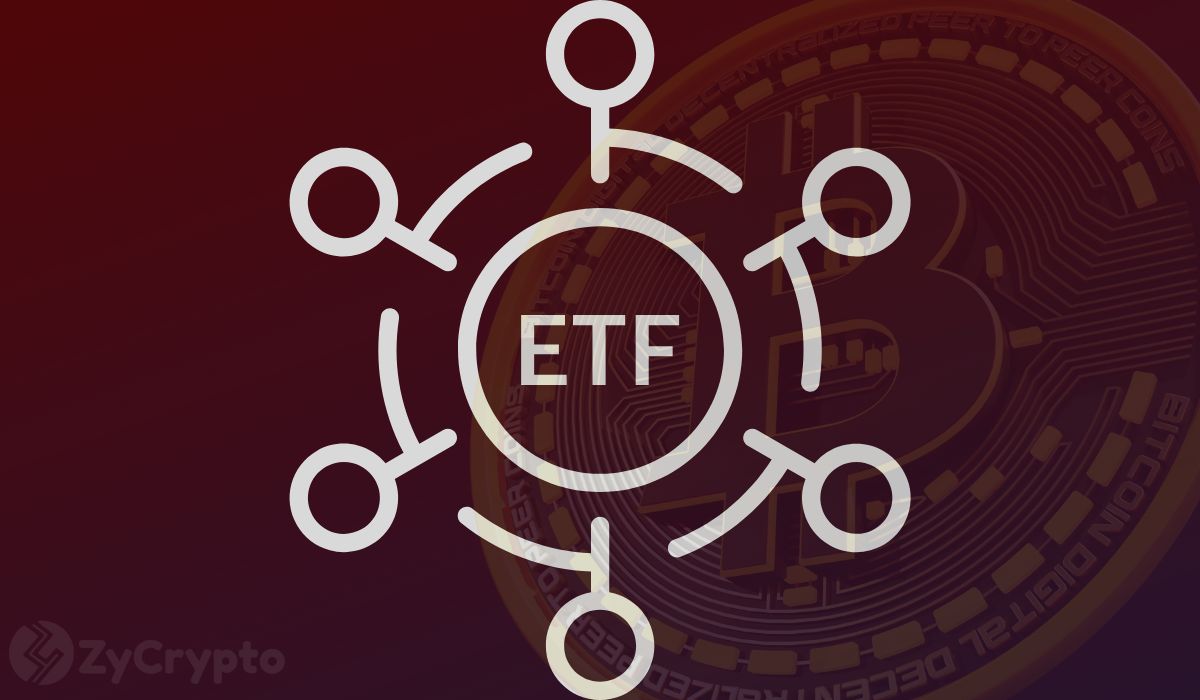Pascal Gautier, Chairman and CEO of Ledger, a leading cryptocurrency hardware wallet manufacturer, has voiced strong criticism against the recent surge in popularity of spot Bitcoin Exchange Traded Funds (ETFs) in the United States.
In a thought-provoking article titled “A Bitcoin ETF Will Never Be Your Bitcoin” published Friday, Gautier contended that these ETFs, while attracting significant trading volumes, deviate from the fundamental philosophy of Bitcoin, that of enabling peer-to-peer transactions and circumventing traditional financial intermediaries.
“ETF participants don’t benefit from what Bitcoin stands for in the first place, which is to allow anyone to experience financial ownership and sovereignty. This is precisely what Bitcoin’s anonymous inventor Satoshi Nakamoto aimed for when writing the Bitcoin white paper 15 years ago,” he wrote.
Gautier went on to emphasize that Bitcoin ETF investors would merely gain exposure to the price of Bitcoin without actually owning the underlying asset. The businessman further argued that Bitcoin ETFs replicate the outdated financial system, introducing counterparty risks that have plagued traditional finance for decades.
Notably, one of the core issues Gautier raised is the lack of ownership of private keys by Bitcoin ETF investors. Private keys are cryptographic codes that prove ownership of digital assets, and according to Gautier, they are crucial for interacting with the decentralized world of crypto, decentralized finance (DeFi), and decentralized applications (dApps). This, he believes, is something ETFs can never provide.
Additionally, Gautier highlighted the higher costs associated with Bitcoin ETFs compared to the more secure and cost-effective option of self-custody. He noted that ETF investors pay fees ranging from 0.2% to 1.5%, yet they do not own the actual asset.
However, despite expressing dissatisfaction with the new financial product, the businessman did not outrightly condemn them, acknowledging their potential to attract new entrants and popularize Bitcoin. Furthermore, he viewed them as a stepping stone towards the true promise of ownership and sovereignty in the crypto space.
Notably, Gautier is not alone in expressing dissatisfaction with Bitcoin ETFs. Recently, self-proclaimed Bitcoin maximalist Max Keiser voiced caution about spotting Bitcoin ETFs, drawing attention to the potential risks associated with government intervention.
“Any Bitcoin held by any of the ETF’s on offer in the US, as stipulated in the prospectus, can be seized by the US gov at any time, for any reason they deem,” tweeted Keiser.
He further noted that while ETF holders would receive the equivalent value in USD and be required to pay taxes, the government would retain ownership of the actual Bitcoin. Max further pointed out Coinbase, which has already disclosed its customers’ private information and tracking details to the U.S. Internal Revenue Service (IRS).







